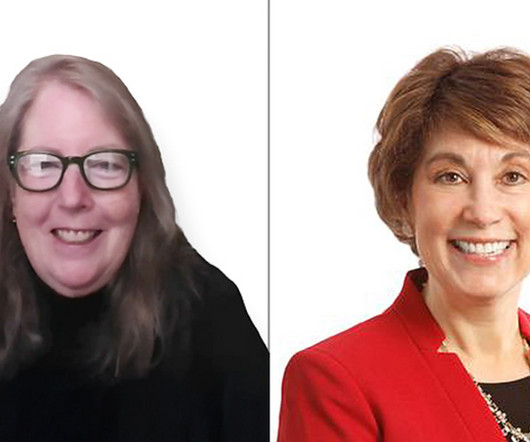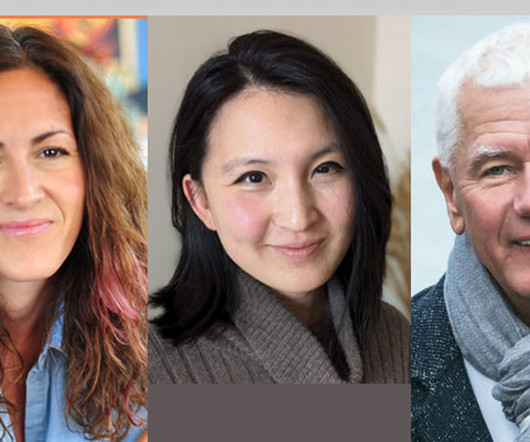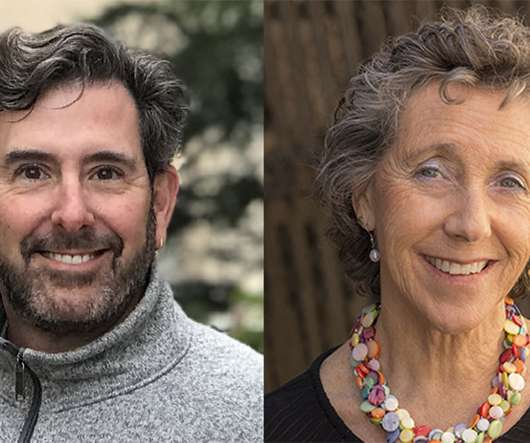Working Out – Dan Minter
The Clinical Problem Solvers
SEPTEMBER 28, 2019
Dr.’s Vivek Murthy, Bridget O’Brien, and Gurpreet Dhaliwal sought to answer this question in a 2018 study. It could argued that today’s learners are entering the medical field at a time of unprecedented educational resources, and the implications for the development of clinical reasoning skills is awe-inspiring.























Let's personalize your content